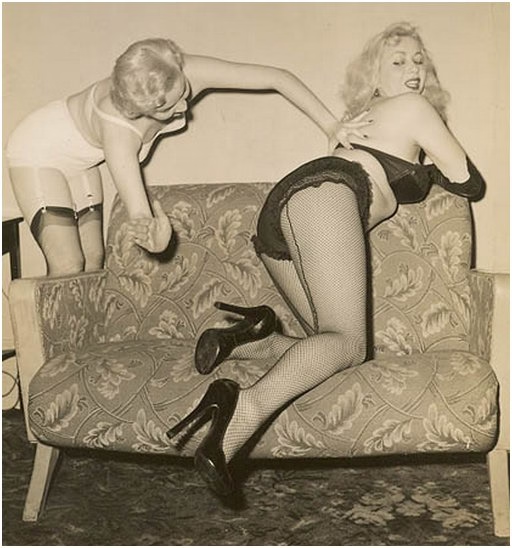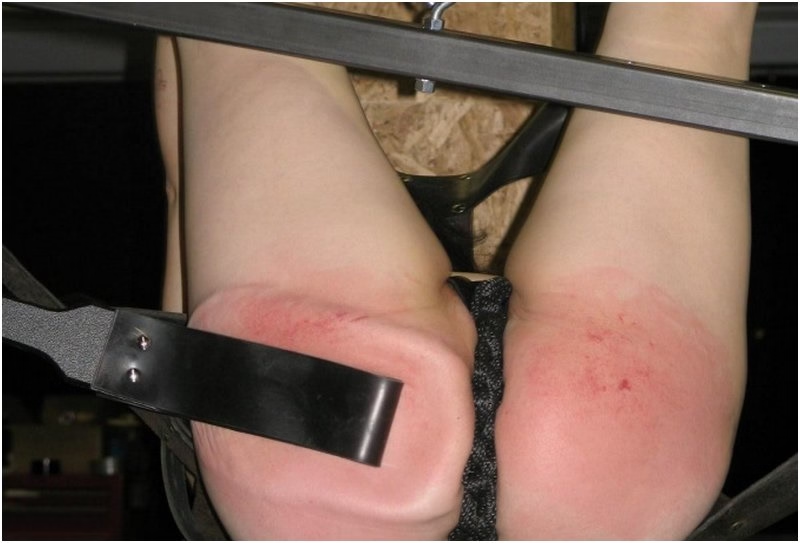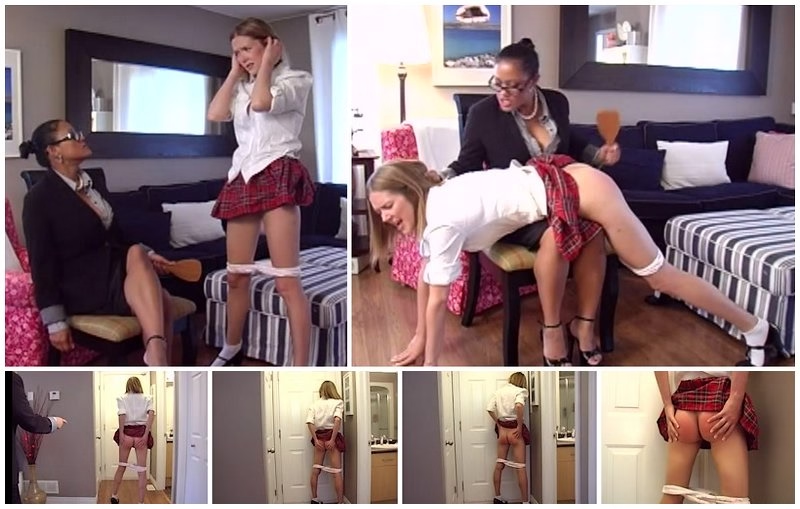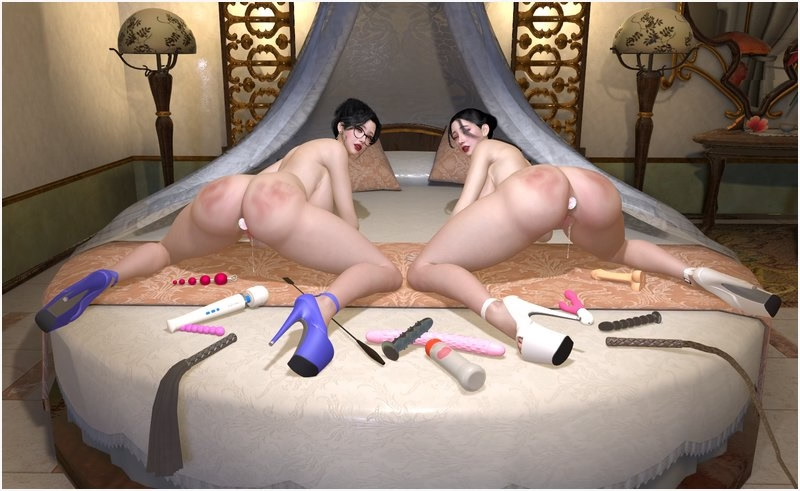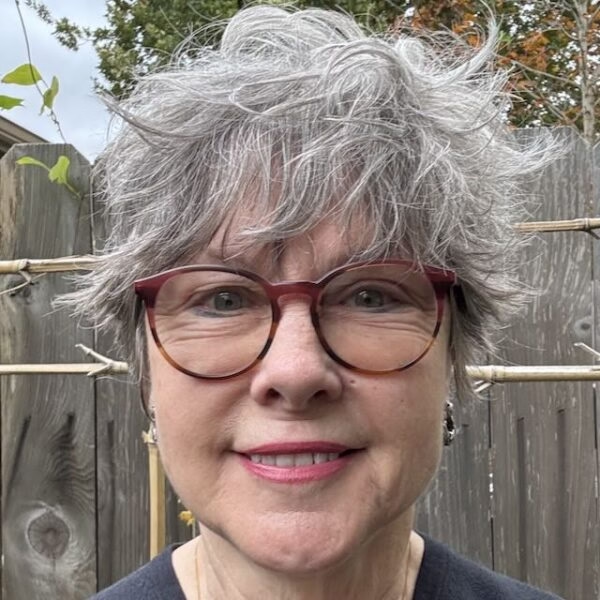My Hive Life : Billie Best Blog

We live in a honeycomb of single family houses with fences and private yards, cells incubating children, each with a lawn mower and a flower garden, connected by an asphalt grid, drones on wheels coming and going in the universally shared schedule of the workweek. Kids play outside, ride their bicycles, and leave toys in the yard. Most of the men here are dads. Most of the women moms. Quite a few grandparents, too. There is a neighborhood school attended by most of the kids. The school schedule is a predictor of swarm. I left my hometown at 17 because I hated the boring life of families with children and being visible to so many people. The hive of suburbia generated constant gossip, criticism and the pressure to conform. Now the proximity here makes me feel safe, I’m not so different from my neighbors, and I appreciate being part of the village it takes to raise a child. Also, fuck gossip.
Through the fence, I overheard a frustrated dad say, “Barry, we do not turn on other people’s hoses and point them at our cousin. This is not our house.” Barry mumbled contrition, and his dad, unconvinced, said “If you do that again, I’m going to lock you in a room.” I cringed, but respecting privacy means staying silent and invisible on my side of the wall. It’s a new thing for me. I want to preach. Interfere in other people’s lives. Give my opinion like it’s scripture. But I’m not a parent. In the hive, we live just a few feet from people we can’t see, but we hear it all. The conversations, the ringtones, the music, the power tools, the dogs, the TVs, and the orgasms. And they must hear us. Although my partner shuts the windows when I’m feeling amorous. I think an orgasm blasting across the neighborhood would be a positive message for the moms. But he doesn’t want to face the women who might come knocking.
After years of isolation on my farm and in the city and in my partner’s cabin, I’m noticing how suburbia is different. Of course, rural living puts physical distance between us and city living crowds us, so we compensate for density by ignoring each other. In the cities I’ve lived in — Chicago, New York, Boston, Portland — I wanted to be anonymous, my anonymity enabled freedom and a detachment that kept me disengaged from my neighbors. In the suburbs we look out the window and see our neighbors living their lives in full view. We can see into their houses. We are naturally conscious of them the way we would be conscious of coyotes and foxes when we were rural. We may not speak to them, but we see where they live and how they live, and likewise we feel them watching us.
Our possessions are arrayed where everyone can see them. We witness cars come and go and note the time. We see the service trucks and the Amazon deliveries. We see how people are dressed and the vehicle they drive, and we extrapolate their employment. We often leave our homes untended. Mutual aid is an obvious necessity. Maybe it was the same in the city, but I didn’t feel it. There is an unwritten reciprocity here. The children among us bind us to each other. Their presence tones our behavior. We share common ground. No one handed us a rule book.
In this part of Oregon, the weather is Mediterranean mild. Each house has a garage that is a storage space and a workshop, an exercise room and a laundry room. Open garage doors reveal the hoarders and the taskers, project culture, industrious makers tinkering, tuning, refinishing, and gluing their lives together. Our garage is the mancave filled with fishing gear and everything we would need to go tent camping if we were willing to give up our comfy bed and a private bathroom for a night. Really, we keep our camping gear just in case we have time to pack the truck before Armageddon. Our garage enables this expansive materialism.
One of my neighbors has lovely ceramic pots filled with dieffenbachia in the sun on her porch. When the leaves didn’t shrivel, I realized they were plastic. Just call me Mrs. Kravitz. My spidey sense tingles when plants need help. I want to tell the guy across the street that he’s gardening all wrong with that black plastic, and his vegetables are probably going to fry. I want to ask the guy with the Mercedes SUV to stop spraying Roundup along his fence. And I really want to peep in the windows of the Boo Radley house with the blackout curtains and five vintage cars on the lawn beside a pile of IBM computers with tube monitors. Is it zeroscaping or xeriscaping? In another life I hook up a bullhorn to a speaker on the roof of my car and drive around the neighborhood telling people what to do. Hello, 3256 Arbor Hill, you’re pruning your lilac bush wrong. Hello, Mr. Finch, please water your hostas or I’m going to have to take them away from you. This is why we can’t have nice things!
My hive life has a more nuanced diversity than my rural life did. Saturday, we went to the neighborhood river landing for a hike along the bank and out to a rock bar where minnows sparkle silver in the shallows, the dog splashed, and my partner slid into his flow with a line in the water. A family with little kids sunned themselves while teenage boys fished and teenage girls in bikinis ignored the warnings about sun cancer. Simple pleasures, I tell myself. Home and family. Stop mapping rabbit holes. Put your monkey mind down for a nap. Sit in the shade on the rocks and set your eyes on the swirling blue. A hawk hunts along the shore. I soar. This sunlight is the honey in the hive. Life is a river, not a grid. The current is changing all of us all the time.


 Anal Beads
Anal Beads Anal Vibrators
Anal Vibrators Butt Plugs
Butt Plugs Prostate Massagers
Prostate Massagers
 Alien Dildos
Alien Dildos Realistic Dildos
Realistic Dildos
 Kegel Exercisers & Balls
Kegel Exercisers & Balls Classic Vibrating Eggs
Classic Vibrating Eggs Remote Vibrating Eggs
Remote Vibrating Eggs Vibrating Bullets
Vibrating Bullets
 Bullet Vibrators
Bullet Vibrators Classic Vibrators
Classic Vibrators Clitoral Vibrators
Clitoral Vibrators G-Spot Vibrators
G-Spot Vibrators Massage Wand Vibrators
Massage Wand Vibrators Rabbit Vibrators
Rabbit Vibrators Remote Vibrators
Remote Vibrators
 Pocket Stroker & Pussy Masturbators
Pocket Stroker & Pussy Masturbators Vibrating Masturbators
Vibrating Masturbators
 Cock Rings
Cock Rings Penis Pumps
Penis Pumps
 Wearable Vibrators
Wearable Vibrators Blindfolds, Masks & Gags
Blindfolds, Masks & Gags Bondage Kits
Bondage Kits Bondage Wear & Fetish Clothing
Bondage Wear & Fetish Clothing Restraints & Handcuffs
Restraints & Handcuffs Sex Swings
Sex Swings Ticklers, Paddles & Whips
Ticklers, Paddles & Whips






